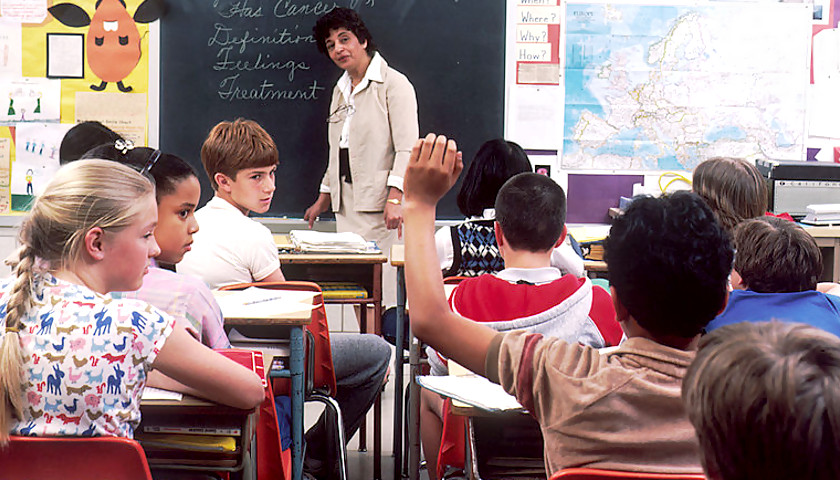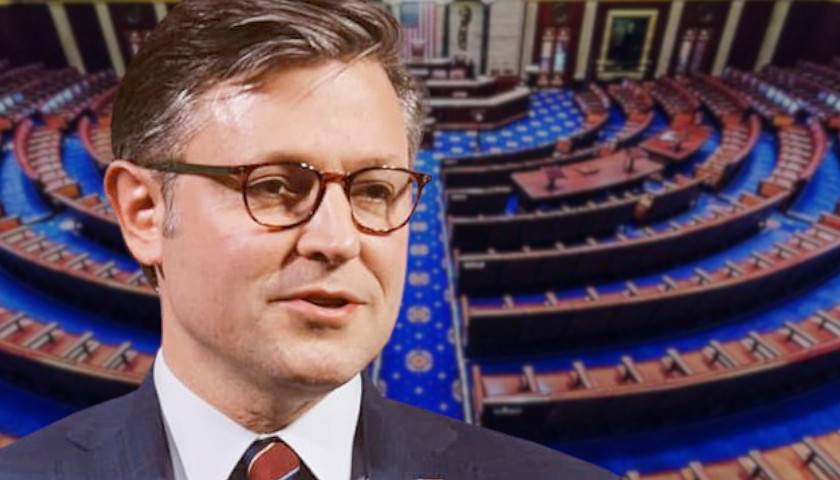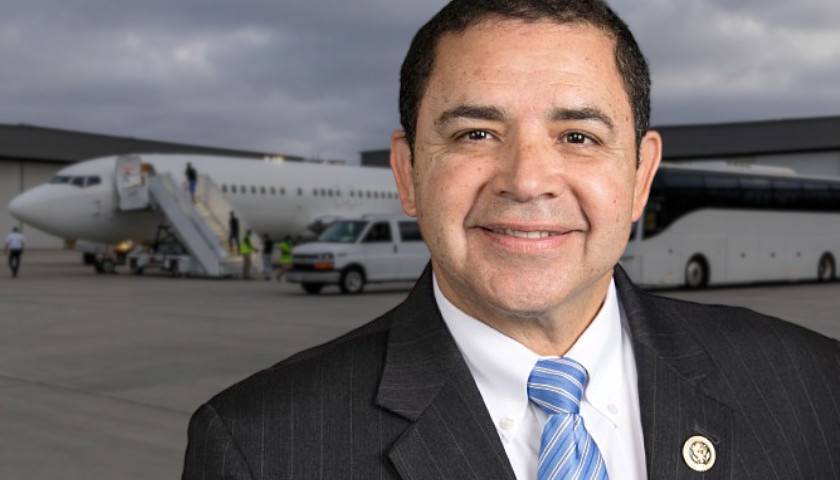by Tyler Arnold
Some scholars argue more parental choice could provide the best value for students as public schools across Virginia offer virtual learning or a combination of in-person and virtual schooling to curtail the spread of COVID-19.
Virginia Gov. Ralph Northam will allow schools to reopen with a phased-in approach, which can lead to in-person schooling, but only if schools can maintain social distancing. Because of limited space, many schools are unable to provide in-person schooling for every student five days a week.
To address this, Fairfax County Public Schools has opted to begin its fall semester virtually, with no in-person instruction.
Fairfax County government, however, has launched a Supporting Return to School (SRS) program, which will permit some kindergarten through sixth-grade students to access in-person educational child care programs at 37 of the county’s public school buildings for a monthly fee based on household income.
Space will be limited for the program because each classroom will be allowed to hold only 10 students. Households that make $52,399 a year or less will be charged $80 per month, which is the lowest income threshold on the sliding scale. Households that make $131,000 or more a year will be required to pay $1,472 per month.
Corey DeAngelis, the director of school choice at the libertarian think tank Reason Foundation, criticized the school system for forcing parents to pay for in-person schooling when their tax money already goes to providing schooling. Although he credited Fairfax County for using a sliding scale to determine costs, he said parents should not have to pay more money for something their tax dollars are meant to provide.
“Families are getting the short end of the stick here,” DeAngelis said in a phone interview with The Center Square.
Regardless of the sliding scale, DeAngelis said lower-income families still are hurt the most by these costs because they do not have additional money to spend.
If schools cannot provide the same level of education services they normally provide, DeAngelis said taxpayers should not have to provide the same amount of money to these schools through their taxes. Rather, he said, parents should be allowed to opt into alternative schooling options with the tax money that ordinarily would go toward public schools. This would be similar to other school-choice programs nationwide, which allow parents to use government vouchers to send their children to charter schools or private schools with government money instead of public schools.
In the current system, DeAngelis said parents are being charged twice for the same services they received in previous years.
Families that have higher income have opted into alternative schooling options for their children, such as microschools, during the pandemic. DeAngelis said low-income families also should have these options.
DeAngelis also contended that charging parents twice likely violates the state constitution, which guarantees free K-12 education for children. Until this year, he said this always has been interpreted to mean in-person schooling, which would make charges for the same services unconstitutional.
Lucy Caldwell, the director of news and information for Fairfax County Public Schools, told The Center Square in an email the SRS program is not run by the public school system, but by the county. She said public schooling will be provided virtually, and the SRS program is staffed by county employees, not public school employees.
“[Fairfax County Public Schools] is continuing to work on plans for a phased reopening of schools expected to initially serve small cohorts of students who experience most difficulties with virtual learning – as soon as possible,” Caldwell said. “FCPS remains focused on providing a strong start to the virtual beginning of the school year.”
Christian Braunlich, the president of the free-market Thomas Jefferson Institute for Public Policy, said the SRS program does not violate the state constitution.
“One is schooling. One is dayc are,” Braunlich said. “They are different.”
The office of public affairs for Fairfax County did not respond to a request for comment.
– – –
Tyler Arnold reports on Virginia and West Virginia for The Center Square. He previously worked for the Cause of Action Institute and has been published in Business Insider, USA TODAY College, National Review Online and the Washington Free Beacon.




